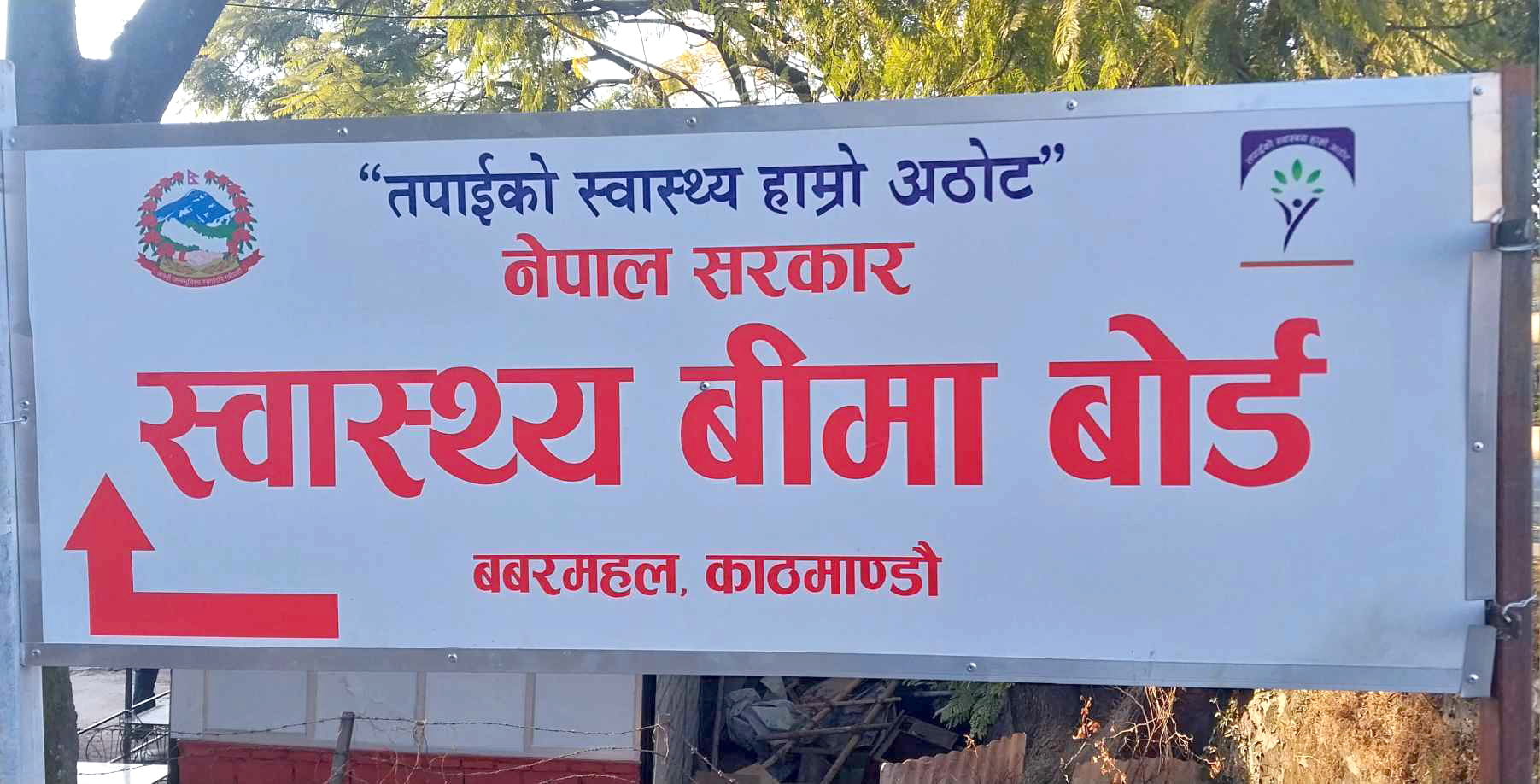Nepal Health News:Do you often feel tired? You’re not alone. You may have also considered improving your sleep habits.
We’re often told that going to bed at the same time every night and avoiding phones in bed can help. And while that’s true, good sleep isn’t only about nighttime discipline. Feeling energetic and sleeping well is also influenced by what you do during the day.
Here are five things you can do to improve your energy and sleep quality—without changing your bedtime routine:
1. Pay Attention to Iron Levels
One in three people worldwide doesn’t get enough iron. Infants and young children, teenagers, women of reproductive age (due to menstruation), pregnant women, intense athletes, vegetarians (especially vegans), and frequent blood donors are more at risk.
But iron deficiency and anemia can affect anyone. Symptoms include fatigue, restlessness at night, and frequent awakenings.
If you still feel tired even after improving your sleep routine, consult a doctor to check your ferritin (a protein that stores iron) and hemoglobin (which helps carry oxygen in the blood) levels.
Even if you're not iron-deficient, paying attention to your diet can help prevent it.
-
The most easily absorbed form of iron, called heme iron, is found in meat, fish, and eggs.
-
Non-heme iron, found in beans and green leafy vegetables, is harder to absorb, so it’s important to eat it along with vitamin C-rich foods to aid absorption.
2. Eat More Green Vegetables
Many studies have shown that people who eat more fruits and vegetables tend to sleep better. Those who eat a lot of processed foods and soft drinks tend to have poor-quality sleep.
People who follow the Mediterranean diet—rich in vegetables, fruits, legumes, whole grains, low-fat dairy, and nuts—report better sleep compared to others.
Those who sleep less than five hours a night tend to consume lower amounts of iron, zinc, selenium, phosphorus, magnesium, vitamin C, and lutein.
It’s hard to know which comes first—healthy eating or better sleep—but they seem to go hand in hand.
A Swedish study of 15 men found that eating fatty and sugary foods altered brainwaves during sleep and reduced deep sleep quality. Eating low-fat, low-sugar meals improved it.
Other studies found that eating five to ten types of vegetables a day improved sleep, especially among women. In children, eating green vegetables five times a week improved their rest and sleep quality—likely due to the vitamins A and C found in such vegetables, which help absorb minerals like iron.
3. Do Light Exercise in the Evening
The exact relationship between exercise and sleep is still being researched, but in general, physical activity helps you fall asleep faster and sleep more deeply.
A 2015 review of 66 studies found that even a few days of light exercise improved both sleep onset and duration, especially for people who already had sleep issues.
Interestingly, you don’t need intense or daily workouts. In fact, one study showed that exercising three times a week led to more improvement in sleep than daily or once-a-week routines.
Even just 10 minutes of moderate-intensity exercise during the day can help.
One study also found that evening workouts (done at least two hours before bedtime) did not disturb sleep, which is great news for those with busy daytime schedules.
Exercise helps improve sleep—and also makes your body feel more refreshed.
4. Cut Back on Alcohol and Tobacco
Many people vow to quit alcohol or smoking as a New Year’s resolution. But giving up addictive substances is hard. Instead, setting smaller, measurable goals can lead to better success.
Both smoking and alcohol negatively impact sleep.
Though a glass or two of alcohol might make you feel sleepy at first, the effect is short-term. Regular drinking becomes counterproductive and increases the risk of insomnia.
Studies show that even one drink before bed changes how the brain functions during sleep:
-
You might fall asleep quickly and experience deep sleep during the first half of the night.
-
But you’ll likely wake up more often in the second half, with reduced REM sleep (the dream phase, crucial for memory and recovery).
Alcohol can also disrupt your circadian rhythm—your internal biological clock—and worsen conditions like sleep apnea.
5. Don’t Skip Breakfast
Though there’s mixed evidence on whether breakfast helps with weight loss, there's clearer proof that it helps with alertness and mental sharpness.
A review of 43 studies showed that breakfast improves memory and attention span, especially in children and students.
In one study of 127 medical students, those who ate breakfast reported less sluggishness than those who skipped it.
Other studies show that eating at regular times helps with alertness. People who eat randomly or skip meals tend to feel more tired.
So even if you're in a rush, having something simple like eggs or a bowl of oats in the morning can help you feel more energized throughout the day. Source: BBC





